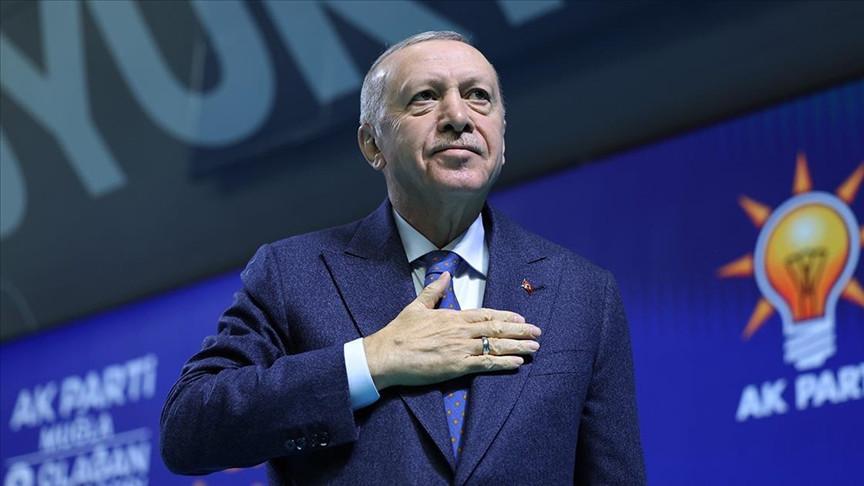EU, Russia and China’s visa regimes with Turkey
Turkish-EU relations will briefly come to the agenda in the following couple of days. Following the vote on Turkey by the European Parliament on March 13, Foreign Minister Mevlüt Çavuşoğlu will attend a Syria summit by the EU. And finally on March 15 a Turkey-EU association council meeting will convene in Brussels, where Turkey will be represented by Çavuşoğlu.
Due to the deep-rooted conviction in European capitals about the deterioration of human rights and democratic standards, a return in normalcy in dialogue with the EU is not expected to happen. The criticism voiced during these meetings against Turkey will give ample ammunition to the “forget the West, long live Eurasia” lobby that advocates much closer relations with Russia and China.
While it is fashionable to bash Europe as relations and problems in these relations are of transparent nature, difficulties in relations with Russia or China are not subject of debate as they remain in the dark.
The visa issue for instance. The EU puts forward its expectations in terms of visa-free travel. Dialogue continues in terms of determining to what degree Turkey fulfills these conditions.
“Of the 72 criteria, six are left,” said Foreign Minister Mevlüt Çavuşoğlu in a meeting in the northwestern province of Eskişehir on March 1. He said negotiations on these criteria continued, adding that the government also continued working on judicial reform. “This is very important in terms of the rule of law, the separation of powers and the independence of judiciary,” said Çavuşoğlu, not questioning or contesting at all the EU’s expectation for judicial reform to grant visa-free travel.
In the same meeting, where he was addressing businesspeople and representatives of the civil society, Çavuşoğlu said intense efforts were spent to totally lift the visa regime applied by Russia.
Russia had lifted the visa requirement from Turkish citizens as of April 2011. But the visa regime was reinstated as of January 2016. The decision had come as retaliation to Turkey’s downing of a Russian warplane on the Syrian border in November 2015.
That was not the only sanction introduced by Moscow. The summer of 2016 saw a dramatic decrease in the number of Russian tourists to Turkey, as Moscow called on tourists not to visit Turkey.
Actually, the same summer saw a dramatic decrease in the number of Europeans, especially German tourists. Some 5.5 million Germans came to Turkey in 2015, while this number dropped to 3.9 million in 2016. The drop was mainly due to terror attacks in Turkey, as well as the coup attempt. In 2017, tension between Ankara and Berlin came as an additional blow to tourism from Germany. The German foreign ministry issued a travel warning, explaining it with the “arbitrary imprisonment of German nationals” by Turkish authorities. Turkey contested the “arbitrary” definition of the detentions, but indeed there were dual citizens and Germans taken under detention, which understandably scare Germans away from Turkey. Still, in 2017, around 3.5 million German tourists came to Turkey, disregarding the travel warning.
By contrast, Russian tourists had no threat perception from Turkey. Still the 3.6 million Russian tourists that came to Turkey in 2015 were forced to change their destination as Russia forbade tour companies from selling packages for trips to Turkey. That’s why the number of Russian tourists coming to Turkey in 2016 saw a sharp drop to 830,000.
Turkish-Russian relations normalized in the second half of 2016 when President Recep Tayyip Erdoğan said “sorry” to Moscow, after which tourism from Russia has gradually come to its former levels. According to a recent statement, more than 6 million Russians are expected to come to Turkey in 2019.
But when it comes to Turks traveling to Russia, visa-free travel is not reinstated even though more than two years have passed since normalization. Moscow has only recently lifted the visa requirement for truck drivers and the holders of red and green passports. Russia drags its feet, claiming the presence of Syrian refugees in Turkey. Russia will not lift the visa regime for Turkish nationals as long as Turkey continues to host 3.5 million to 4 million Syrians on its lands, Sergey Markov, a former advisor to Russian President Vladimir Putin, said last October. As the return of millions of Syrian refugees does not appear to be likely in the near future, it seems more likely that Russia is using the visa issue as a trump card.
The situation is not any better with China. For years it has been tremendously difficult to get the Chinese visa. While it was announced at the beginning of 2018 that China will facilitate the procedures, it would not be a surprise to see China backtracking on it after the recent spat with Ankara. Following the travel warning from China we will also see whether Chinese tourists will react like the Germans or the Russians.
But what is more meaningful is obviously for the “forget the West, long live Eurasia” lobby to make these observations.











